The Swedish company IKEA is always leading in terms of initiation and creativity when it comes to their projects.
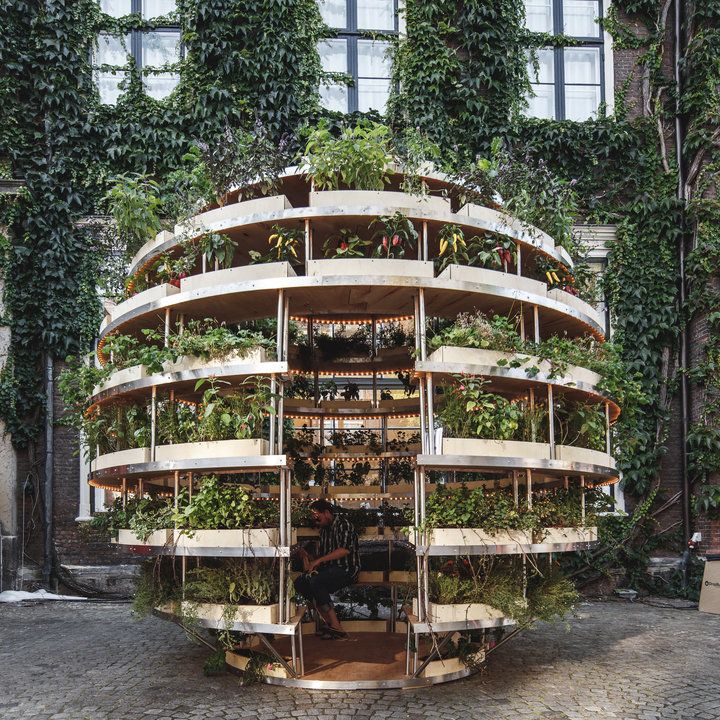

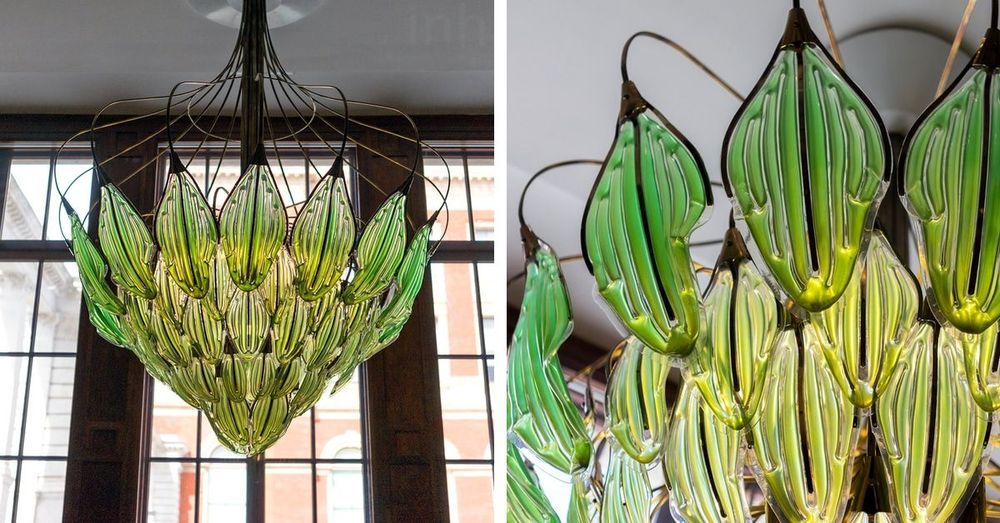

Sugar poses one of the most pressing health problems in the modern world – not least because it’s just so delicious. Rather than quitting sweets cold turkey, low-calorie alternatives to sucrose could make tasty treats that are at least less bad for us. And now, researchers from Tufts University have developed a more efficient method for producing one such sweetener, using farms of bacteria.
The sugar in question is called tagatose, which the FDA says is “generally regarded as safe.” It’s 92 percent as sweet as sucrose – regular old table sugar – but because the human digestive system doesn’t metabolize as much of it, it only has 38 percent of the calories. That, in turn, means tagatose has a much smaller effect on blood glucose and insulin, making it safe for diabetics. And to cap it off, tests show that it doesn’t contribute to cavities or tooth decay.
But, of course, there’s a catch – tagatose is a little complicated to produce. Normally, it’s done by hydrolyzing lactose to make galactose, which is then isomerized into tagatose, which then needs to be purified and crystallized into a solid, usable form. Yields from this process are low, at less than 30 percent.
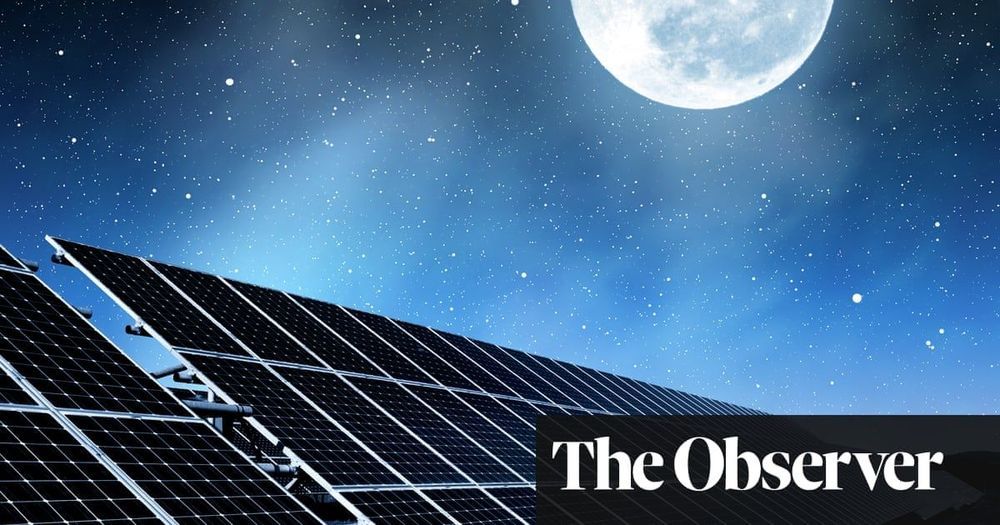
What could the UK’s recent investment announcement mean for the future of sustainable energy?
» Subscribe to Seeker!http://bit.ly/subscribeseeker
» Watch more Elements! http://bit.ly/ElementsPlaylist
There are many directions we could go when it comes to the future of sustainable energy—but the UK made a bold move when it announced a huge investment (220 million pounds huge) in a prototype fusion power facility that could be functioning as a commercial power plant by 2040.
So it’s safe to say the race to fusion power is on. Fusion energy could provide us with clean, basically limitless energy.
But the thing is, fusion power isn’t really a reality yet, but does this prototype facility have a shot at making fusion a reality?
Nuclear fusion is what powers stars, including the sun. The ‘fusion’ part refers to the fact that isotopes of extremely light elements like hydrogen, are fusing together at the extremely high temperatures and pressures that exist at the center of stars. Under these conditions, gases like helium and hydrogen actually exist as plasmas.
So how could we possibly recreate what happens inside of stars here on Earth? By replicating those extreme conditions so that we can get the atoms to behave the way we want them to.

Researchers from the University of Houston have reported a new device that can both efficiently capture solar energy and store it until it is needed, offering promise for applications ranging from power generation to distillation and desalination.
Unlike solar panels and solar cells, which rely on photovoltaic technology for the direct generation of electricity, the hybrid device captures heat from the sun and stores it as thermal energy. It addresses some of the issues that have stalled wider-scale adoption of solar power, suggesting an avenue for using solar energy around-the-clock, despite limited sunlight hours, cloudy days and other constraints.
The work, described in a paper published Wednesday in Joule, combines molecular energy storage and latent heat storage to produce an integrated harvesting and storage device for potential 24/7 operation. The researchers report a harvesting efficiency of 73% at small-scale operation and as high as 90% at large-scale operation.

Heliogen is a startup that wants to “replace fuels with sunlight.” And the Bill Gates-backed solar startup, which has flown under the radar until today, has made a major green-energy breakthrough for heavy industry. Heliogen “has created the world’s first technology that can commercially replace fuels with carbon-free, ultra-high temperature heat from the sun.”
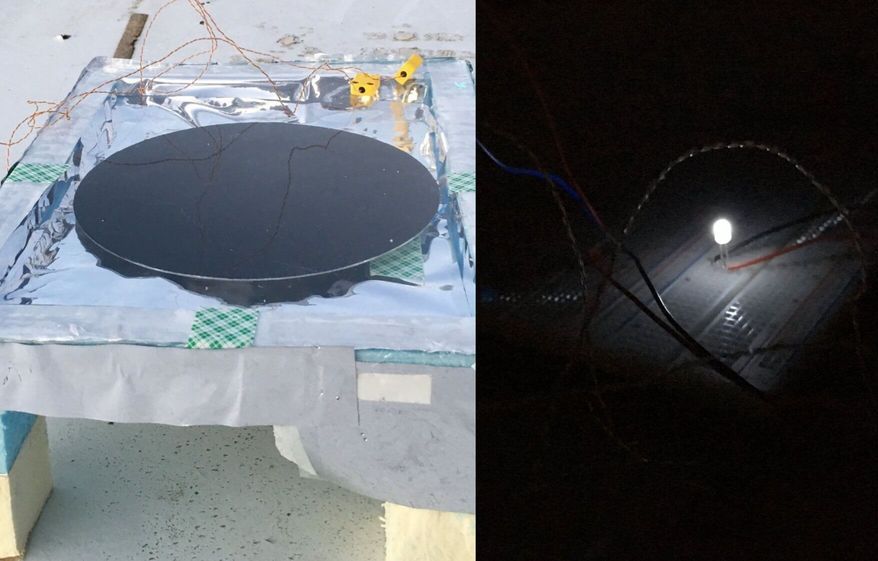
There are different kinds of solar panels. The one most typically used is a type that generates electricity from the sun through a physical process called the photo-voltaic (PV) effect – when light exposure on certain materials generates an electric current. Another type generates electricity from heat through thermal processes – when the sun is hotter and Earth is cooler, and the difference in temperature can be converted into usable energy.
That second kind of solar panel is the one that inspired a team of researchers at Stanford University in Palo Alto, California to develop a new system that can harness energy in darkness. It’s based on the concept of using heat to generate energy but an inverse version of the solar panel. While the solar panel uses the heat difference between the sun and Earth with the Earth being the cooler side – their system makes use of the heat difference between the coolness of the night atmosphere and the Earth with the Earth being the hotter side. The study has been published in the scientific journal Joule.
Study author Shanhui Fan, Stanford electrical engineering professor, told Gizmodo:
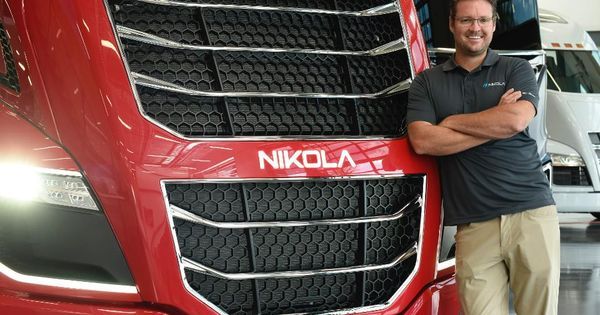
Nikola Motor, the Phoenix-based startup that wants to disrupt trucking with futuristic electric semis powered by hydrogen, says it has developed a new type of battery cell with double the energy density, only 40% of the weight and half the cost of current lithium-ion batteries used in Teslas and other consumer-market electric vehicles.
But it’s not providing many details for now, and public demonstrations won’t happen for about 10 months.
Battery packs using the new cells, which don’t use nickel, cobalt and other metals typically found in 2170 lithium-ion cells favored by Tesla, could boost range for current electric passenger cars from 300 miles per charge to as much as 600 miles with “little or no increase to battery size and weight,” the company said. Nikola has subjected its cells to heavy-duty testing and says that charging and depleting them “over 2,000 times has shown acceptable end-of-life performance.”
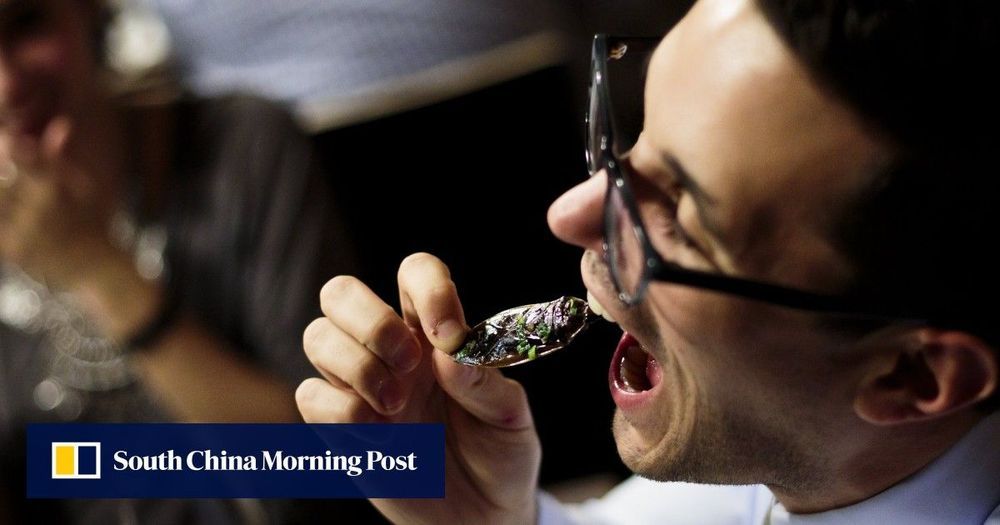
Insect farming is a small – but growing – industry globally, with bugs touted as a sustainable and cheap food that is high in protein, vitamins, fibre and minerals. Their cultivation, meanwhile, has much less environmental impact than meat.
With predictions that the insect market could grow significantly, it is not just scientists cooking up ways to put bugs on the menu but also some of the world’s largest food and agricultural companies.